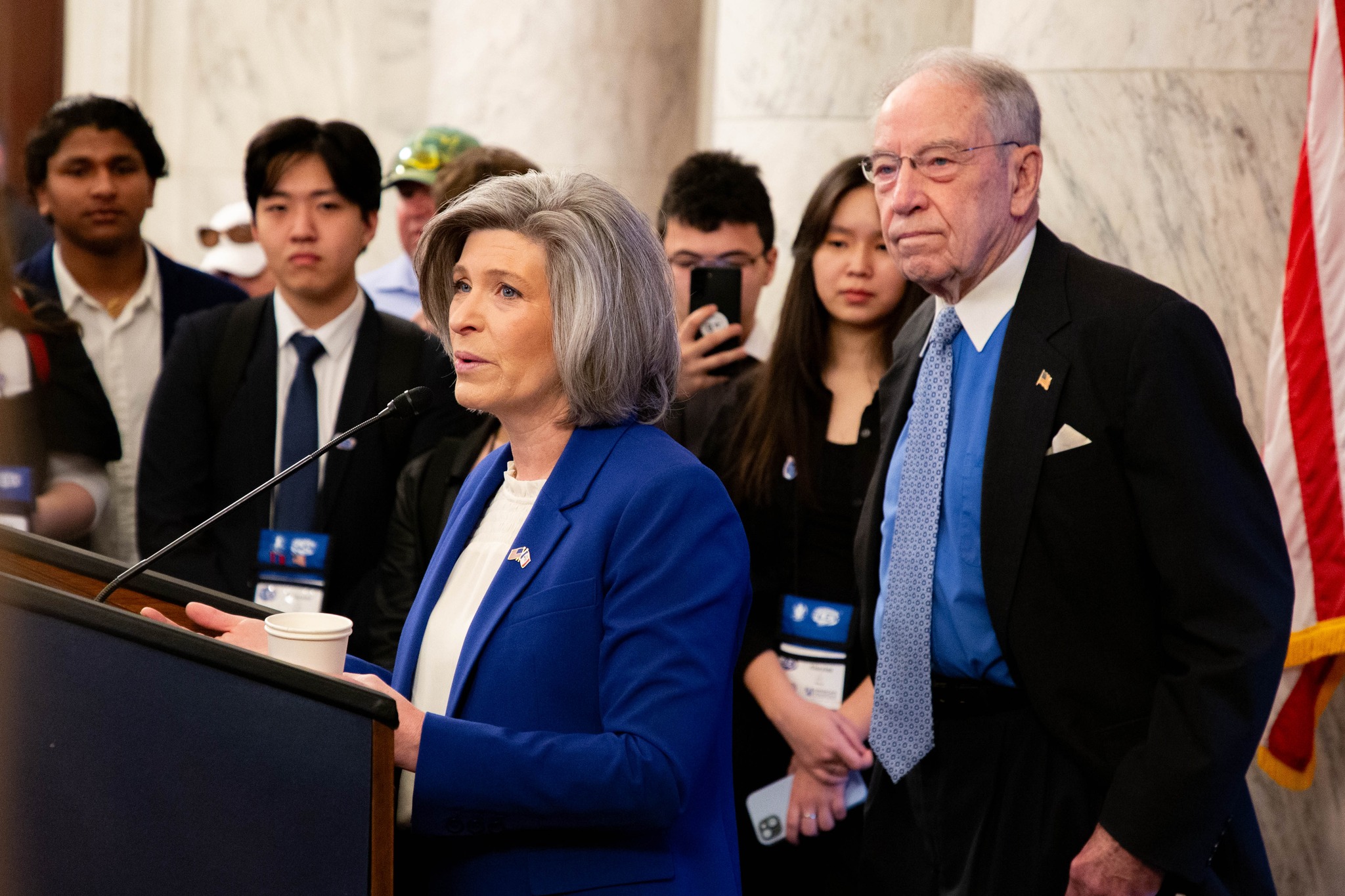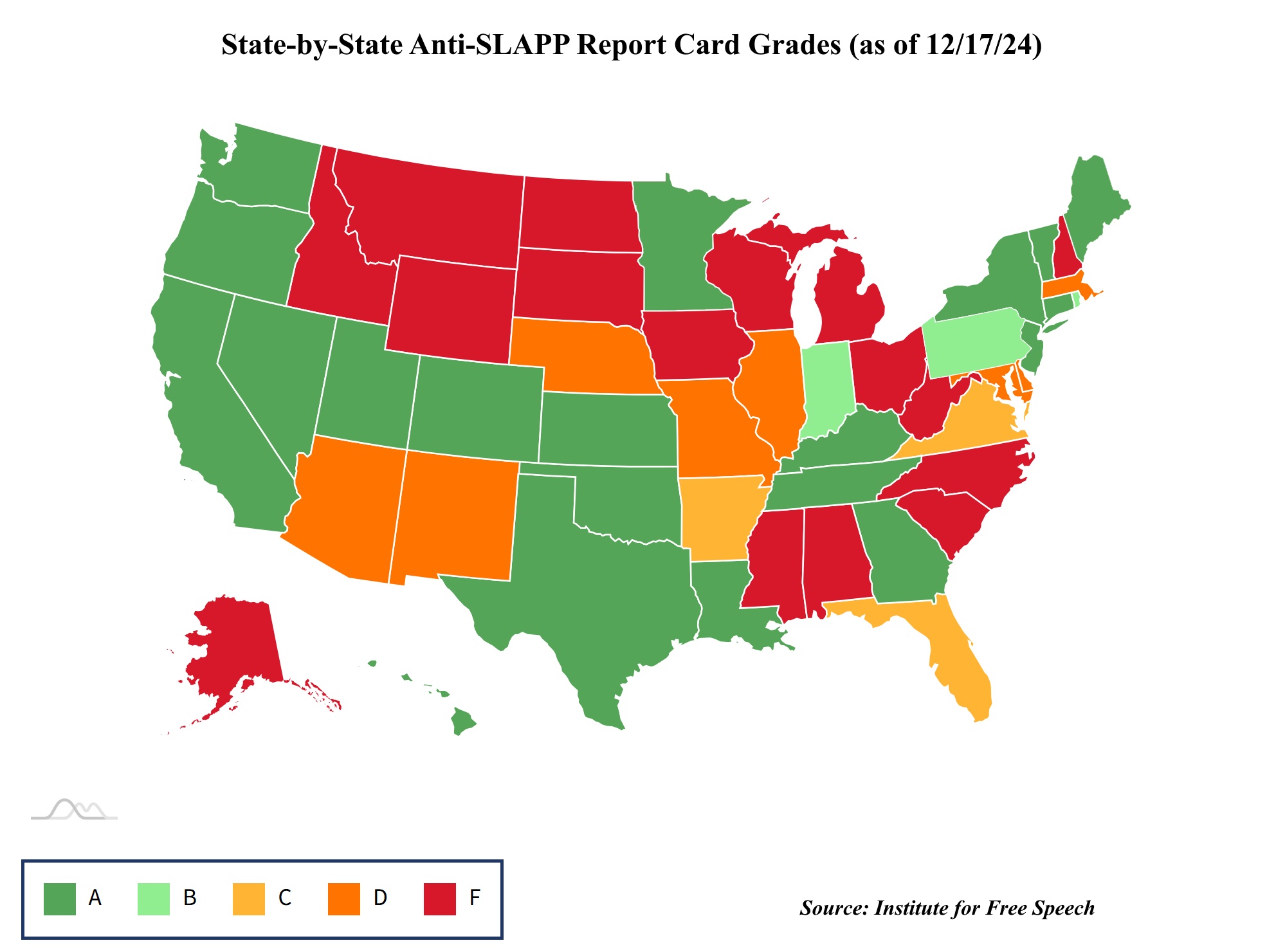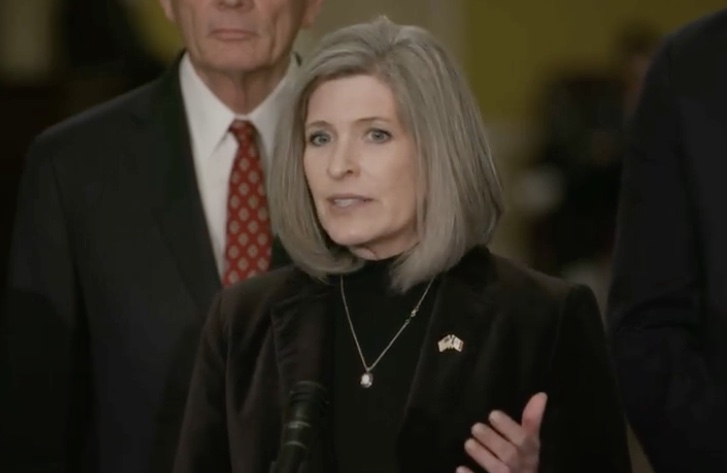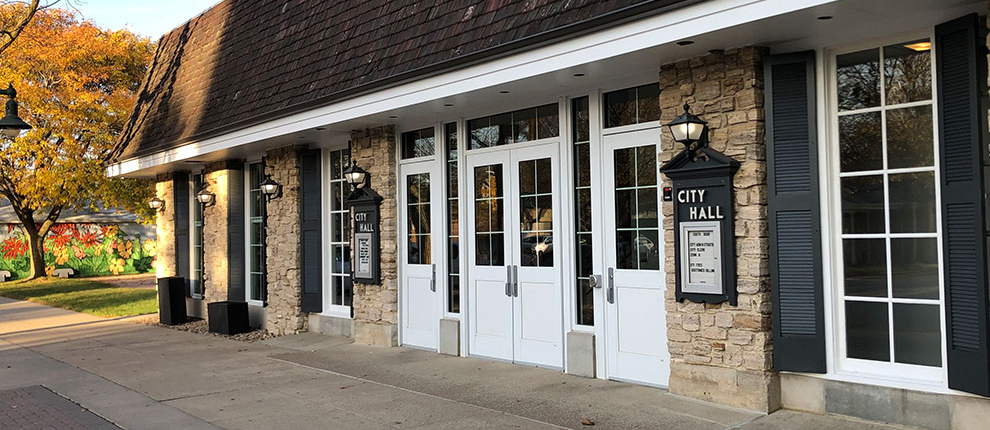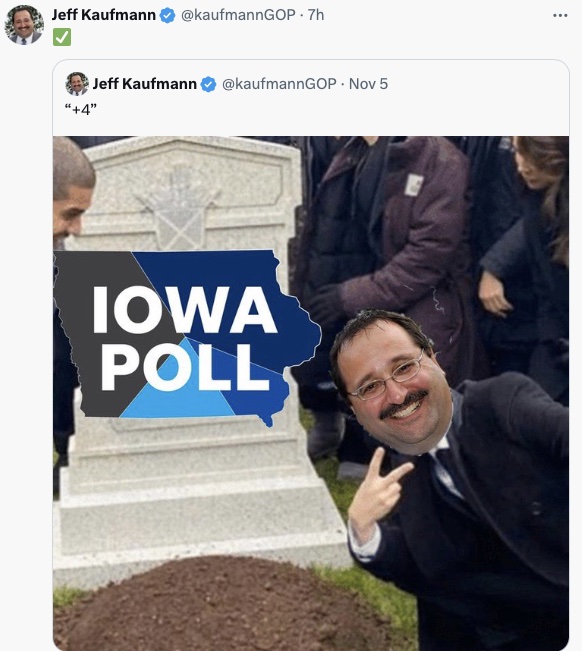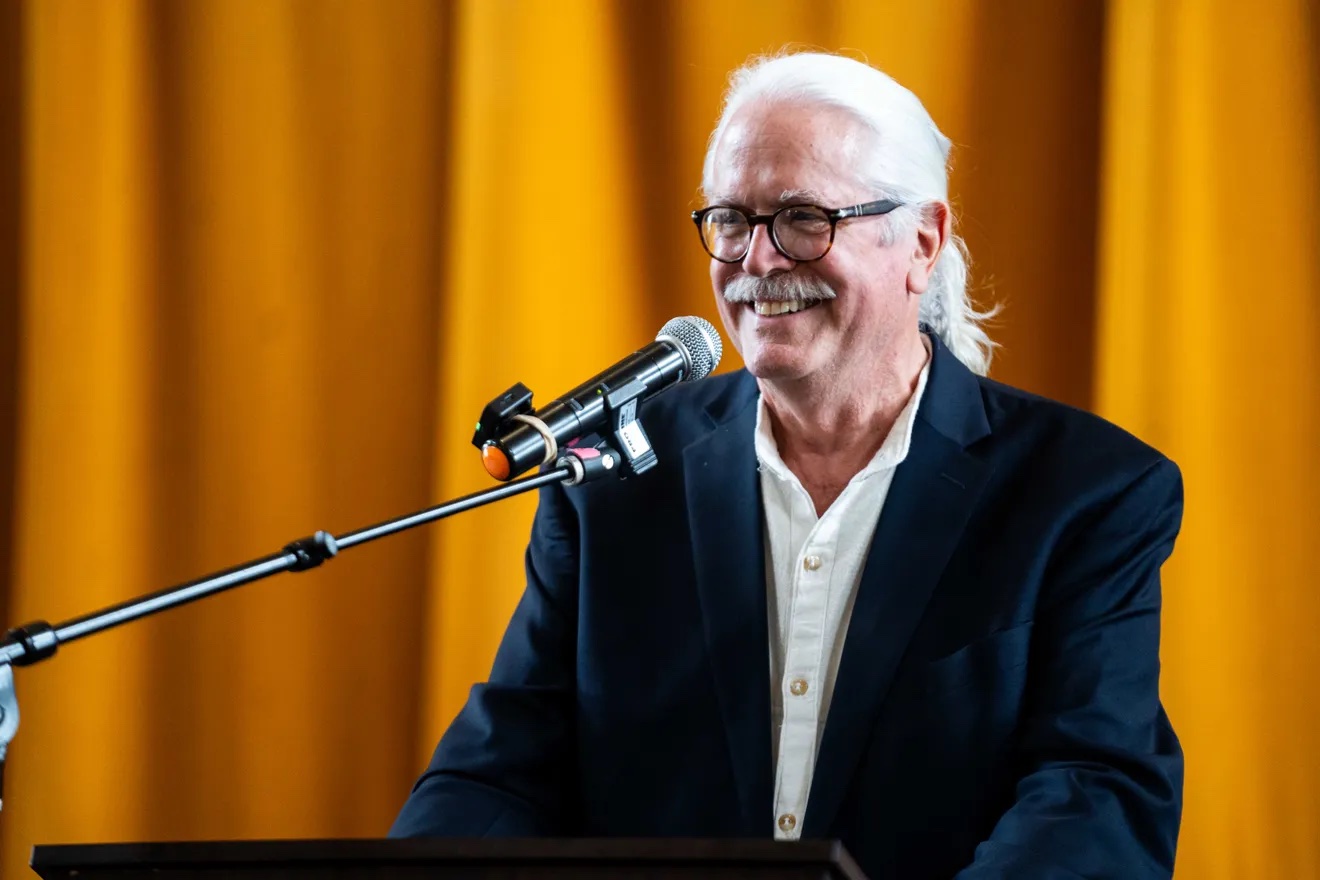Jack Hatch, Joe Enriquez Henry, Peggy Huppert, Anne Kinzel, and Ralph Rosenberg sent the message enclosed below to members of the Iowa Democratic Party’s State Central Committee on December 18.
Hatch is a business owner and builder of low income housing, a former state senator, and was the Iowa Democratic nominee for governor in 2014. Joe Enriquez Henry is a community and Latino activist, and chair of the Southside Democrats in Des Moines. Peggy Huppert has been a Democratic activist for 42 years and has served as Polk County co-chair and a nonprofit executive staffer. Anne Kinzel is a policy specialist, former lawyer, and Democratic activist. Ralph Rosenberg is a former state senator, lawyer, former director of the Youth Law Center, co-founder Iowa Environmental Council and former director of the Iowa Civil Rights Commission.
To Members of the IDP State Central Committee,
We all know this was a bad year for Democrats. Elections are about winning; winners get to make policy and law. Iowa Democrats — leaders and rank and file alike — have failed in this truism.
For Iowans, the results have been devastating. For activists and everyone associated with our party, the result is demoralizing, with a loss of power and influence. If we believe that our Democratic Party values can improve the lives of Iowans now and for decades to come, we must question what our Party and our Legislative Caucuses are currently doing. We need to first make the necessary structural changes to allow Democrats to challenge the Republicans. Anything less will keep us where we are, politically irrelevant and failing Iowans.
Continue Reading...




